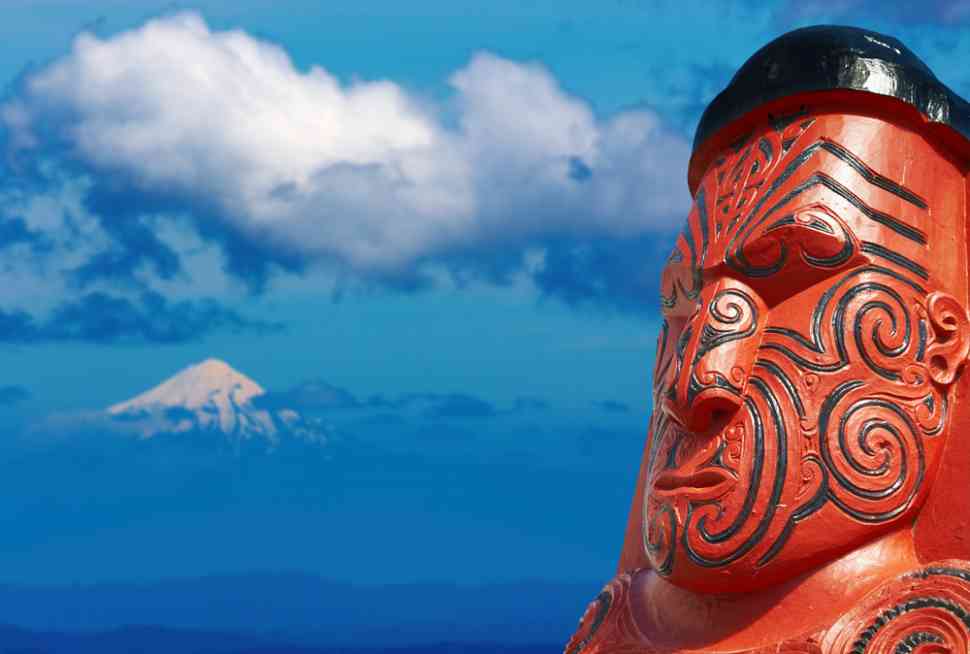The Culture And History Of New Zealand – Everything You Should Know

From its landscapes and history to the habits of the inhabitants, New Zealand hides excellent treasures. It is the peculiarity of the country that we will try to condense in the following facts that make the country of “Haka” delightfully unique. Today we will discuss all the cultural aspects that make New Zealand unique and make us want to visit immediately.
The primacy of sheep
The main occupation of New Zealanders is agriculture and livestock. Indicative of the great love that New Zealanders have for the simplicity of livestock farming is the incredible number of sheep grazing in the vast expanses of the country of Oceania. Specifically, these lovely animals amount to about 40 million, which exceeds the number of permanent residents and is nine times that. However, the numerous herds accumulate mainly in the country’s province, staying away from the sterile urban centers of the big cities.
The gastronomic options
New Zealanders’ intense agricultural and livestock activity constitutes the large production of butter and cheese, which places these products on the basis of New Zealand gastronomy. Another result of the above is found in the country’s high quality of meat, especially in the famous lamb of New Zealand. The fruits and vegetables produced and, of course, exported abroad are of excellent quality. The local and award-winning wine extracted directly from the local vineyards is also popular.
However, New Zealand cuisine has also been influenced by external factors. The English influence in the country has established fish and chips as the most famous fast food that can be tasted in the country. On the other hand, the traditional sweet potato used for centuries by the native Maori excited New Zealanders and is often added to local culinary “delicacies.”
Haka
If New Zealand is famous for anything in public show business, it’s the unforgettable “Haka” dance. For decades this dance has been performed by all national teams just before a sporting match at the international level, and through them, its fame has spread throughout the world. In fact, the haka is a ritual dance. It is distinguished into different genres depending on the occasion (song or war).
Its roots are, of course, found in the native Maori, who used it to achieve the moral animation and concord of Warriors just before they were confronted to death on the battlefields, but also to cause chills of fear and confusion. Today, New Zealanders use dance to show respect for a person but also to highlight the importance of an event or event.
From Maori to today
New Zealand is considered one of the last countries to experience human presence on its soil. People did not arrive early in New Zealand, and therefore its history is relatively short. The dominant tribe of the island complex was the Maori tribe until the middle of the 17th century when the European Navigator Tasman first discovered it. Today, however, despite their gradual population decline, often in violent ways over history, they make up 17% of New Zealanders.
New Zealand took its name from the Dutch province of Zeeland; however, it was under full British occupation for a long time, from where it received most of its influence. It was the era of the Christianization of the indigenous people. In 1852, New Zealand gained its autonomy, and in 1907 it was a fully independent country. At that time, it was largely made up of white New Zealanders with European roots.
The progressiveness of New Zealanders
New Zealand is distinguished by its love of local tradition and respect for its history and place. At the same time, it is considered one of the most progressive countries in the world. And this is clearly demonstrated by its history when, in 1893, a decision that was made pointed out the way for equal rights all over the world; New Zealand gave women the right to vote. With this decision, this small country of Oceania became the first in history to make this move. Only a few years later, women were allowed by the state to run for political positions.
Have you read?
The World’s Top 10 Highest-Paid Wealth Management Executives.
CEO compensation: Highest paid chief executive officers in the United States in 2022.
Highly-Paid Entertainment Chief Executives (Averaged $31.66 Million), 2022.
Highest paid health insurance CEOs.
Most Powerful Companies in Australia, 2023.
Bring the best of the CEOWORLD magazine's global journalism to audiences in the United States and around the world. - Add CEOWORLD magazine to your Google News feed.
Follow CEOWORLD magazine headlines on: Google News, LinkedIn, Twitter, and Facebook.
Copyright 2025 The CEOWORLD magazine. All rights reserved. This material (and any extract from it) must not be copied, redistributed or placed on any website, without CEOWORLD magazine' prior written consent. For media queries, please contact: info@ceoworld.biz








